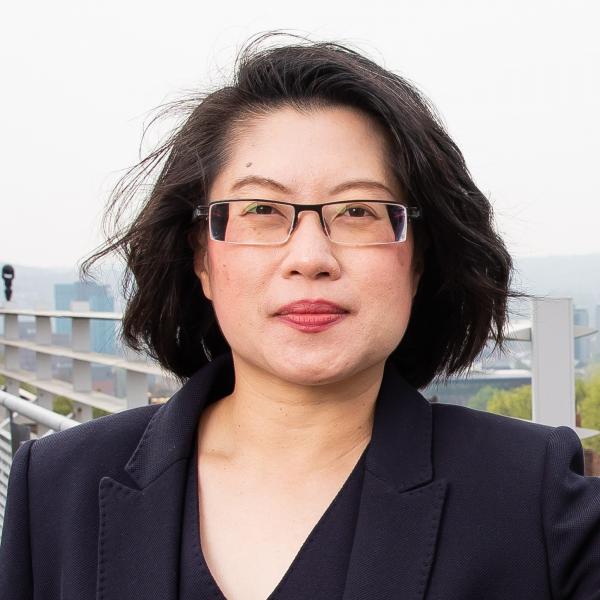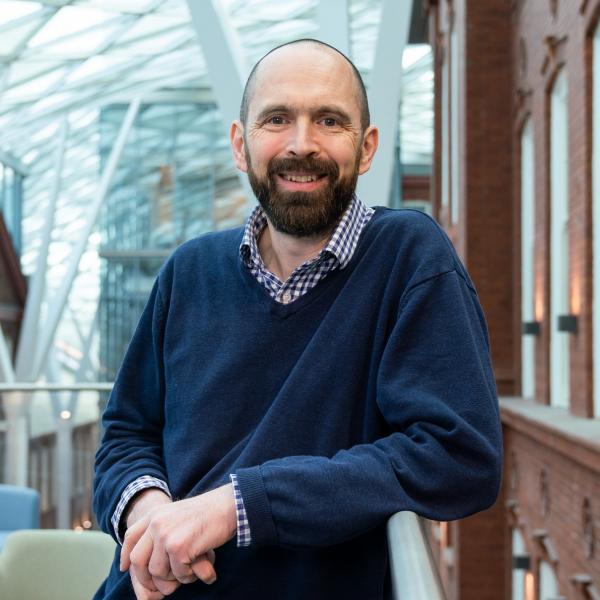TRANSENERGY - Road to Rail Energy Exchange (R2REE)
New technology, infrastructure and system to develop a connected network of sustainable electrically powered rail transport systems and electric road vehicles (EVs).

Funded by EPSRC, the ÂĢ1.5 million research project TransEnergy â Road to Rail Energy Exchange (R2REE) focuses on new technology, infrastructure and system to sustainably deliver electrically powered rail transport systems and electric road vehicles (EVs), and extend to the power supply network which supports them.
The convergence over coming years of both road and rail transport on electric power with reduced dependence on fossil fuels offers great potential benefits, but also has risks from dependence on a single fuel type and peak demand stress on its underlying supply network.
Although fossil fuels have environmental drawbacks they have the advantage of offering inherent energy storage, thereby desynchronising time of energy use from its supply, and smoothing demands on the supply network. This is not the case for electricity use in which there are currently only limited means to smooth and reduce demand.
The proposed research addresses both the technology to store electric energy in a form suited to transport use, and the modelling to understand how to use the technology to reduce overall energy demand.
This project focuses on new battery technology for energy exchange between road and rail transport systems, and examines issues surrounding Electric Vehicles (EVs)â composition of the power supply network used to support these systems and the connection to rail and grid, and the associated techno-economic and environment impacts of the technology.
Professor Koh leads WP1 in this research to investigate the techno-economic and environmental impact of various battery technology using Life Cycle Assessment (LCA) and Life Cycle Costing methodologies, where SCEnAT+ and SCEnATi are deployed.
This project is led by 91ÖąēĨ in collaboration with Leeds University and Southampton University. The team includes Professor Stone, Professor Foster, Professor Koh, Professor Smith, Professor Harrison, Dr Fletcher, Professor Cruden, Dr Gladwin and Dr Goodwin.
Staff involved
External members
- Professor Dave Stone
- Professor A Cruden
- Mr JD Shires












